
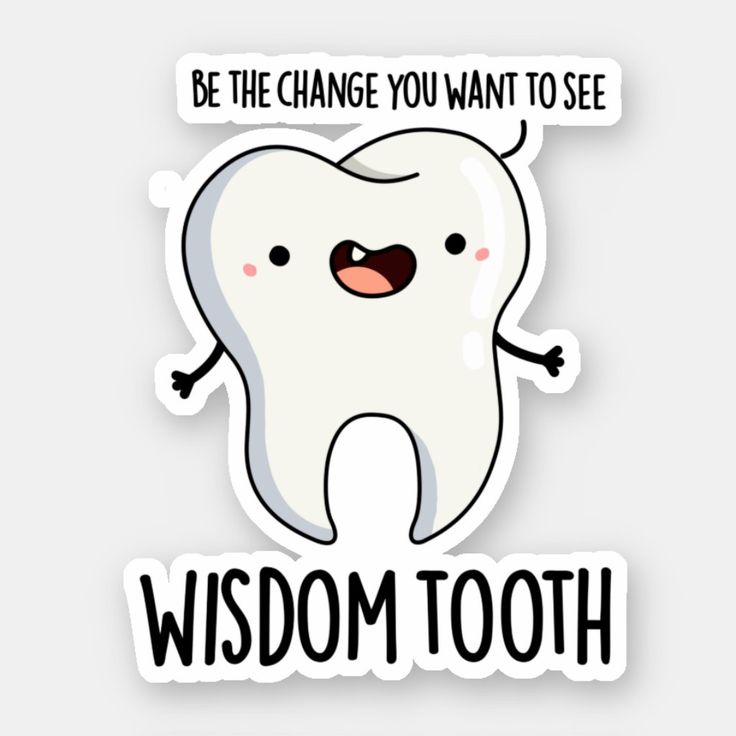
1.Introduction
What are wisdom teeth?
Why are wisdom teeth removed?
2.Myth 1: Everyone Needs Wisdom Teeth Removed
Discuss the variability in dental anatomy.
Not all wisdom teeth need removal.
Myth 2: Wisdom Teeth Always Cause Problems
Explain impacted vs. erupted wisdom teeth.
Symptoms of problematic wisdom teeth.
Myth 3: Wisdom Teeth Removal Is Extremely Painful
Modern techniques in dental surgery.
Anesthesia options and pain management.
Myth 4: Wisdom Teeth Removal Is Risky
Common risks associated with wisdom teeth extraction.
How dentists mitigate these risks.
Myth 5: Wisdom Teeth Extraction Is Always Expensive
Factors influencing the cost of wisdom teeth removal.
Insurance coverage and financial assistance.
Myth 6: Wisdom Teeth Removal Leads to Facial Changes
Clarify the impact on facial structure.
Dispelling myths about facial changes.
Myth 7: All Four Wisdom Teeth Must Be Removed
Discuss partial wisdom teeth removal.
Tailoring treatment based on individual needs.
Myth 8: You Can Keep Your Wisdom Teeth Clean
Challenges in maintaining oral hygiene with wisdom teeth.
Associated risks of keeping impacted wisdom teeth.
Myth 9: Wisdom Teeth Removal Has Long Recovery Time
Typical recovery timeline after wisdom teeth extraction.
Tips for faster healing and pain relief.
Myth 10: Wisdom Teeth Can Grow Back After Removal
Clarify the biology behind wisdom teeth removal.
Address common misconceptions about regrowth.
3.Conclusion
4.FAQs
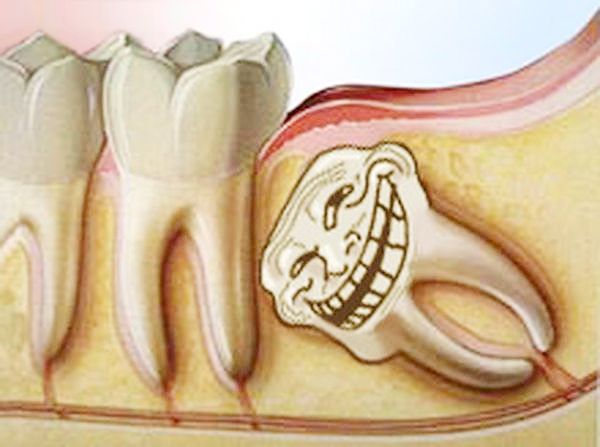
Wisdom teeth removal is a common dental procedure often shrouded in myths and misconceptions.
Many people dread the idea of having their wisdom teeth extracted due to misinformation.
Let’s debunk ten prevalent myths surrounding wisdom teeth removal to provide clarity and ease concerns.
Wisdom teeth, also known as third molars, typically appear between the ages of 17 and 25.
These teeth were once crucial for our ancestors but are now considered vestigial due to changes in diet and jaw size.
Today, wisdom teeth often cause issues such as overcrowding, impaction, infection, and misalignment.
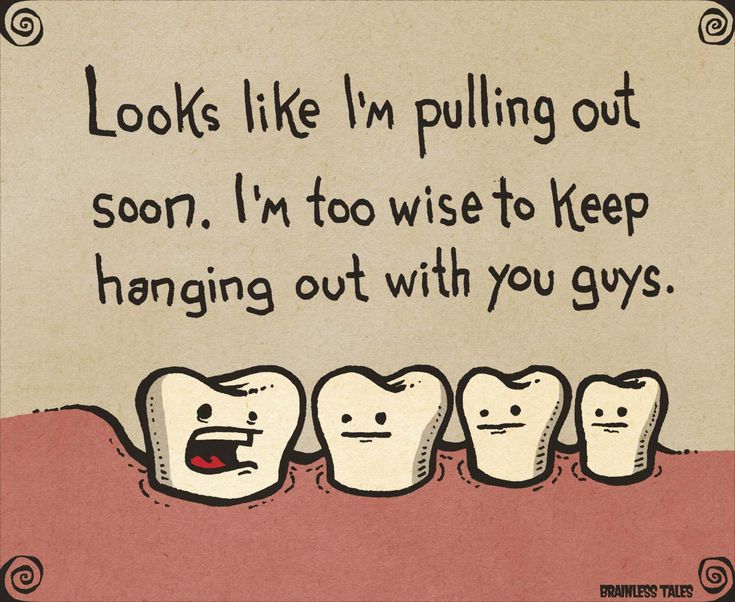
Contrary to popular belief, not everyone requires wisdom teeth removal.
The necessity depends on individual factors like jaw size, alignment, and the angle of eruption.
Some people have sufficient space in their mouths to accommodate wisdom teeth without complications.
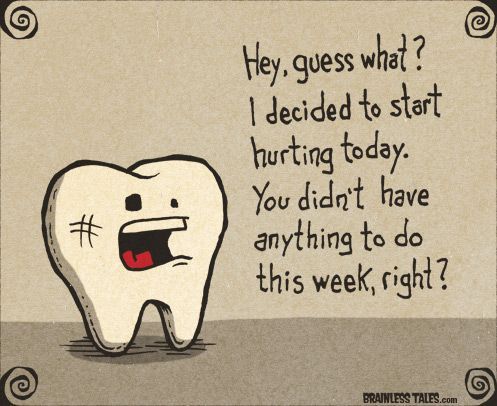
While impacted or misaligned wisdom teeth can lead to issues like pain and infection, not all wisdom teeth cause problems.
Properly erupted wisdom teeth that align well with adjacent teeth may not require removal.
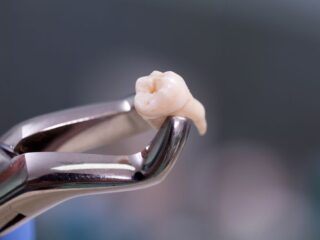
Modern dentistry offers various pain management options during wisdom teeth removal, including local anesthesia, sedation, and general anesthesia.
Patients often experience minimal discomfort during and after the procedure.
Like any surgical procedure, wisdom teeth removal carries risks such as infection, nerve damage, and dry socket.
However, these risks are relatively low, and dentists take precautions to ensure patient safety.

The cost of wisdom teeth removal varies based on factors like complexity, anesthesia type, and location.
Many dental insurance plans cover a portion of the procedure, and some clinics offer financing options.
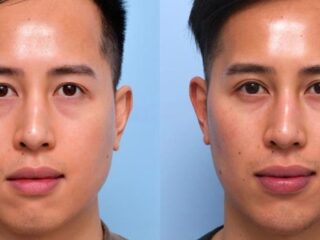
Wisdom teeth removal does not cause significant changes in facial structure.
Any alterations are typically related to aging rather than the absence of third molars.
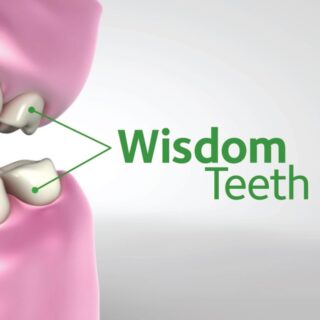
In some cases, only one or two wisdom teeth may need extraction if they pose a problem.
Partial removal is a common approach that preserves healthy teeth.

Cleaning wisdom teeth can be challenging due to their location and partial eruption.
Impacted wisdom teeth are prone to decay and infection, affecting overall oral health.
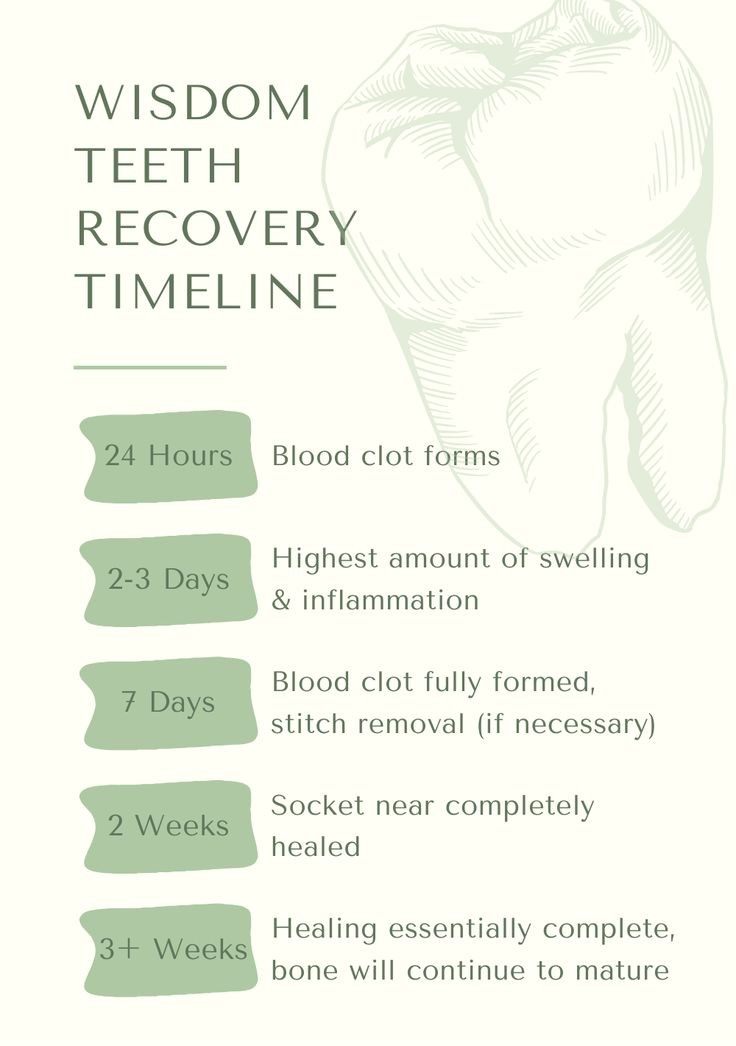
Most patients recover from wisdom teeth removal within a few days to a week.
Following post-operative care instructions and resting adequately can promote faster healing.
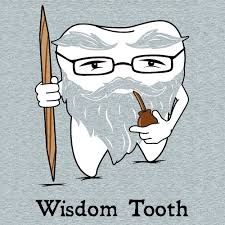
Once a wisdom tooth is removed, it does not grow back.
The tooth’s root structure is permanently extracted, eliminating the possibility of regrowth.
Understanding the realities of wisdom teeth removal can alleviate anxiety and aid in making informed decisions.
Consult a dentist to assess your unique dental situation and receive personalized advice on whether wisdom teeth removal is necessary.
Is wisdom teeth removal always necessary?
Wisdom teeth removal depends on individual circumstances.
Consult a dentist for an assessment.
How can I prepare for wisdom teeth removal?
Your dentist will provide pre-operative instructions, including fasting guidelines and medication details.
What should I eat after wisdom teeth removal?
Stick to soft foods like yogurt, mashed potatoes, and smoothies to avoid discomfort.
When can I resume normal activities after wisdom teeth removal?
It’s advisable to rest for at least 24 hours after the procedure and gradually resume activities based on your recovery.
What are the signs of complications after wisdom teeth removal?
Watch for excessive bleeding, severe pain, or signs of infection.
Contact your dentist immediately if you experience any concerns.

1.Introduction
What are wisdom teeth?
Why are wisdom teeth removed?
2.Myth 1: Everyone Needs Wisdom Teeth Removed
Discuss the variability in dental anatomy.
Not all wisdom teeth need removal.
Myth 2: Wisdom Teeth Always Cause Problems
Explain impacted vs. erupted wisdom teeth.
Symptoms of problematic wisdom teeth.
Myth 3: Wisdom Teeth Removal Is Extremely Painful
Modern techniques in dental surgery.
Anesthesia options and pain management.
Myth 4: Wisdom Teeth Removal Is Risky
Common risks associated with wisdom teeth extraction.
How dentists mitigate these risks.
Myth 5: Wisdom Teeth Extraction Is Always Expensive
Factors influencing the cost of wisdom teeth removal.
Insurance coverage and financial assistance.
Myth 6: Wisdom Teeth Removal Leads to Facial Changes
Clarify the impact on facial structure.
Dispelling myths about facial changes.
Myth 7: All Four Wisdom Teeth Must Be Removed
Discuss partial wisdom teeth removal.
Tailoring treatment based on individual needs.
Myth 8: You Can Keep Your Wisdom Teeth Clean
Challenges in maintaining oral hygiene with wisdom teeth.
Associated risks of keeping impacted wisdom teeth.
Myth 9: Wisdom Teeth Removal Has Long Recovery Time
Typical recovery timeline after wisdom teeth extraction.
Tips for faster healing and pain relief.
Myth 10: Wisdom Teeth Can Grow Back After Removal
Clarify the biology behind wisdom teeth removal.
Address common misconceptions about regrowth.
3.Conclusion
4.FAQs

Wisdom teeth removal is a common dental procedure often shrouded in myths and misconceptions.
Many people dread the idea of having their wisdom teeth extracted due to misinformation.
Let’s debunk ten prevalent myths surrounding wisdom teeth removal to provide clarity and ease concerns.
Wisdom teeth, also known as third molars, typically appear between the ages of 17 and 25.
These teeth were once crucial for our ancestors but are now considered vestigial due to changes in diet and jaw size.
Today, wisdom teeth often cause issues such as overcrowding, impaction, infection, and misalignment.

Contrary to popular belief, not everyone requires wisdom teeth removal.
The necessity depends on individual factors like jaw size, alignment, and the angle of eruption.
Some people have sufficient space in their mouths to accommodate wisdom teeth without complications.

While impacted or misaligned wisdom teeth can lead to issues like pain and infection, not all wisdom teeth cause problems.
Properly erupted wisdom teeth that align well with adjacent teeth may not require removal.

Modern dentistry offers various pain management options during wisdom teeth removal, including local anesthesia, sedation, and general anesthesia.
Patients often experience minimal discomfort during and after the procedure.
Like any surgical procedure, wisdom teeth removal carries risks such as infection, nerve damage, and dry socket.
However, these risks are relatively low, and dentists take precautions to ensure patient safety.

The cost of wisdom teeth removal varies based on factors like complexity, anesthesia type, and location.
Many dental insurance plans cover a portion of the procedure, and some clinics offer financing options.

Wisdom teeth removal does not cause significant changes in facial structure.
Any alterations are typically related to aging rather than the absence of third molars.

In some cases, only one or two wisdom teeth may need extraction if they pose a problem.
Partial removal is a common approach that preserves healthy teeth.

Cleaning wisdom teeth can be challenging due to their location and partial eruption.
Impacted wisdom teeth are prone to decay and infection, affecting overall oral health.

Most patients recover from wisdom teeth removal within a few days to a week.
Following post-operative care instructions and resting adequately can promote faster healing.

Once a wisdom tooth is removed, it does not grow back.
The tooth’s root structure is permanently extracted, eliminating the possibility of regrowth.
Understanding the realities of wisdom teeth removal can alleviate anxiety and aid in making informed decisions.
Consult a dentist to assess your unique dental situation and receive personalized advice on whether wisdom teeth removal is necessary.
Is wisdom teeth removal always necessary?
Wisdom teeth removal depends on individual circumstances.
Consult a dentist for an assessment.
How can I prepare for wisdom teeth removal?
Your dentist will provide pre-operative instructions, including fasting guidelines and medication details.
What should I eat after wisdom teeth removal?
Stick to soft foods like yogurt, mashed potatoes, and smoothies to avoid discomfort.
When can I resume normal activities after wisdom teeth removal?
It’s advisable to rest for at least 24 hours after the procedure and gradually resume activities based on your recovery.
What are the signs of complications after wisdom teeth removal?
Watch for excessive bleeding, severe pain, or signs of infection.
Contact your dentist immediately if you experience any concerns.

